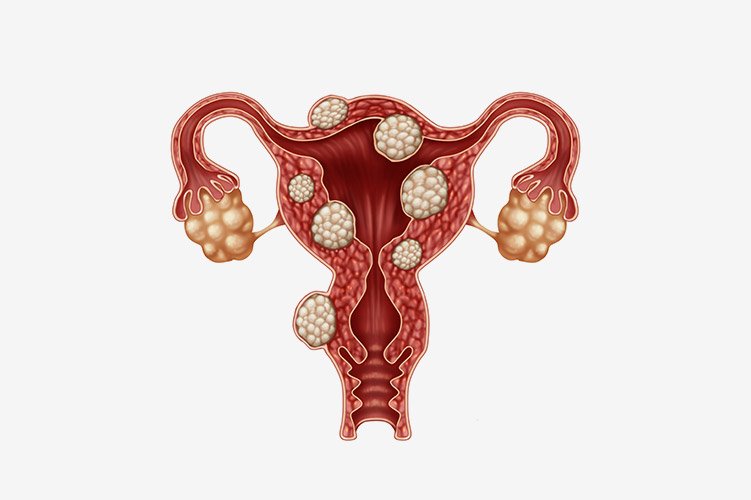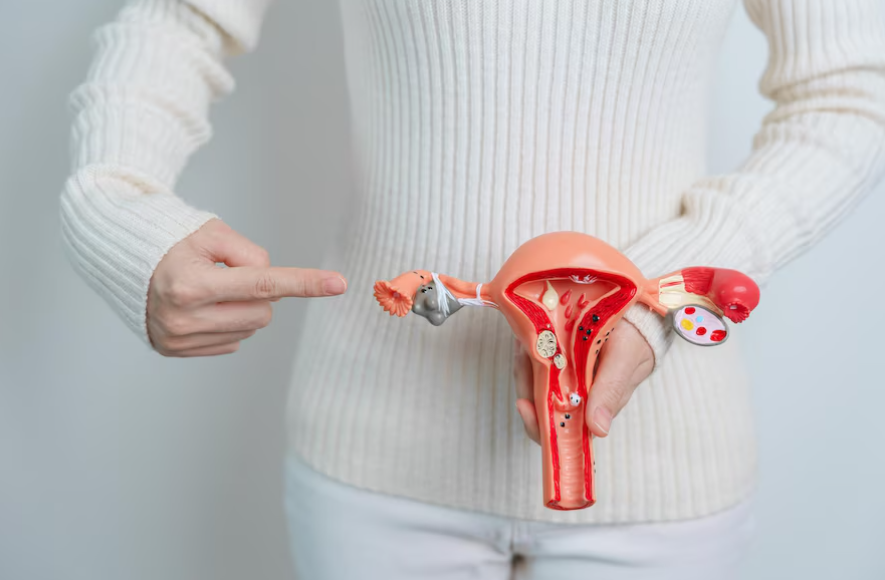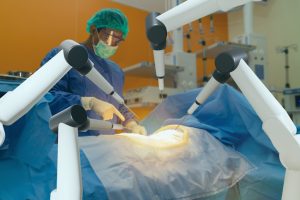Infertility can be a challenging journey for many couples. While some may find ways to cope, others face long waits filled with hope and uncertainty as they strive to start a family. This emotional rollercoaster often takes a toll on their psychological well-being. However, advancements in reproductive medicine provide opportunities for couples to overcome obstacles and realize their dreams of parenthood. One significant factor affecting fertility is the presence of uterine fibroids, which warrants careful consideration and management.
Understanding Uterine Fibroids
Uterine fibroids are common benign tumors that occur in the female reproductive tract. Research indicates that these growths affect approximately 20% to 40% of women during their reproductive years. With the current trend of delaying conception until later in life, the incidence of fibroids appears to be on the rise. It is noteworthy that uterine fibroids are detected in a significant number of women struggling with infertility.
Many women with fibroids experience no symptoms, which can lead to prolonged periods without diagnosis. However, when symptoms do arise, they can significantly impact daily life. Common symptoms include heavy menstrual bleeding, painful periods, a sensation of fullness in the lower abdomen, frequent urination, and discomfort during intercourse.
Fibroids can be classified based on their location within the uterus:
- Subserous Fibroids: These grow on the outer wall of the uterus and can expand outward into the pelvic cavity.
- Intramural Fibroids: These develop within the uterine wall and can distort the shape of the uterus.
- Submucous Fibroids: These are located just beneath the inner lining of the uterus and can protrude into the uterine cavity.
Approaches to Managing Uterine Fibroids
The management of uterine fibroids can be tailored to the individual and may involve medical, surgical, or minimally invasive techniques. The specific approach will depend on factors such as the type, size, and number of fibroids, as well as the woman’s overall reproductive goals.
Myomectomy is often the preferred surgical option for women wishing to preserve their uterus while removing fibroids. This procedure is particularly beneficial for those experiencing infertility. During a myomectomy, the doctor removes the fibroids while keeping the surrounding uterine tissue intact, which can help improve the chances of conception.
Can You Get Pregnant After a Myomectomy?
In most cases, pregnancy is possible after undergoing a myomectomy. The likelihood of achieving pregnancy depends on various factors, including the woman’s age, the number and size of fibroids removed, and any other underlying reproductive issues. Generally, the recovery period after a laparoscopic myomectomy is about 1 to 2 weeks, allowing women to resume their normal activities relatively quickly.
It’s important to note that while myomectomy can enhance fertility, it does not guarantee pregnancy. Women considering this procedure should have a thorough discussion with their healthcare provider about their specific circumstances and potential outcomes.
Seeking Expert Guidance
Dr. Shweta Mendiratta is renowned for her expertise in managing infertility cases and has helped many couples experience the joy of parenthood. With a compassionate approach and a commitment to patient care, she offers tailored treatment plans that address individual needs.
If you are concerned about uterine fibroids and their impact on your fertility, consulting with a fertility specialist can provide valuable insights. Dr. Shweta Mendiratta help you understand your options, assess your condition, and increase your chances of conception.
Conclusion
The journey through infertility can be arduous, but understanding the role of uterine fibroids can empower women to take proactive steps toward achieving their family planning goals. With advancements in reproductive medicine and expert guidance from specialists like Dr. Shweta Mendiratta, couples can navigate the challenges of infertility with hope and resilience.
Uterine fibroids may present hurdles, but they are manageable. By exploring appropriate treatment options such as myomectomy and engaging in open communication with healthcare providers, women can optimize their chances of becoming mothers. If you have concerns about uterine fibroids or fertility, don’t hesitate to reach out for support and information tailored to your unique situation. Your path to parenthood is within reach, and the right guidance can help you realize your dreams.



